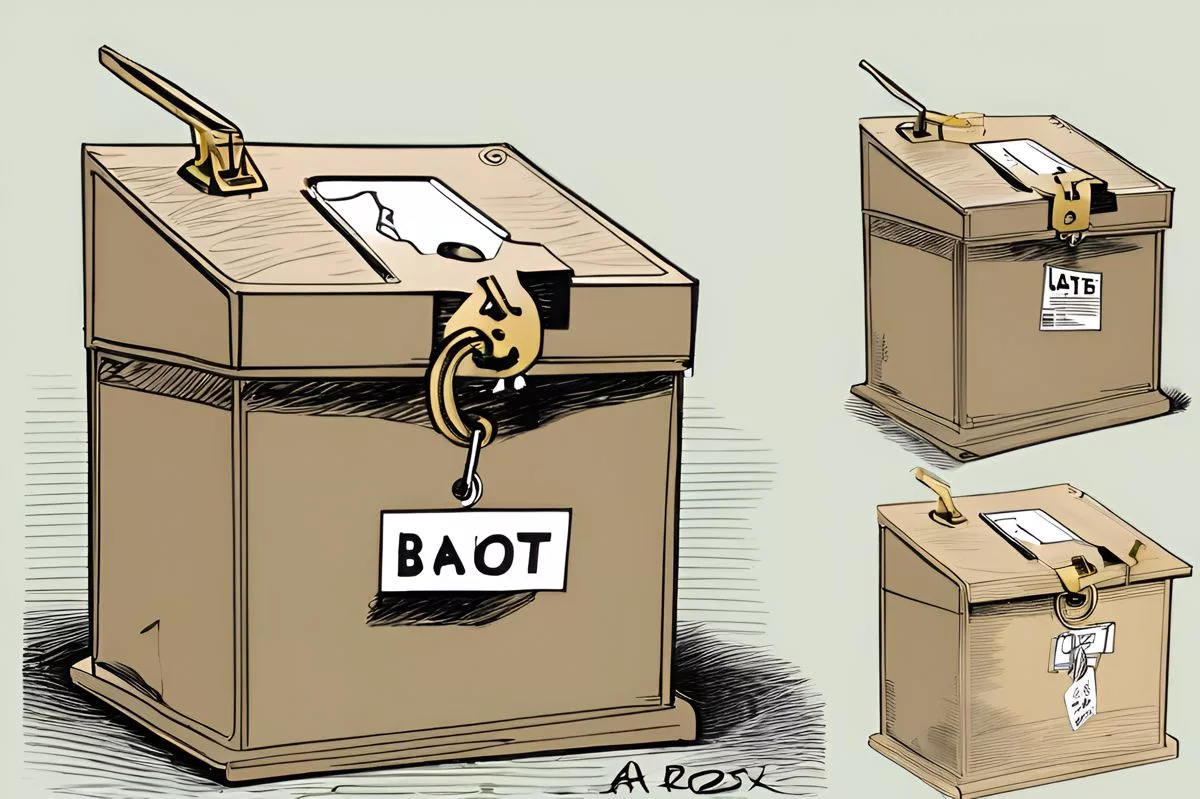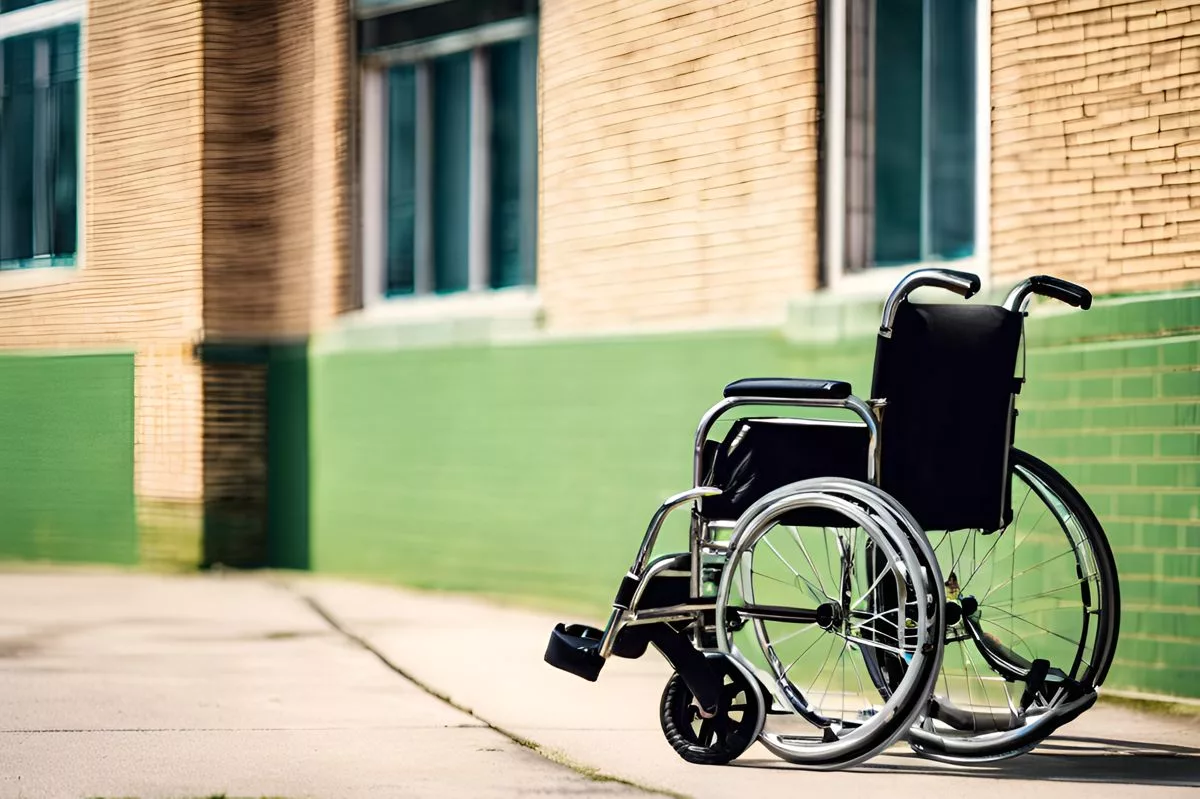South Africa’s 2024 General Election had a low turnout of only 58% of registered voters, the worst in the country’s history. Many voters were shocked to find their names missing from electoral rolls, leading to a sense of disenfranchisement and disillusionment. The incidents highlight the need for a thorough analysis of the election process to ensure every citizen’s voting rights are protected and no voices are silenced due to administrative mistakes or system malfunctions.
South Africa’s 2024 General Election saw a disheartening turnout of barely 58% of registered voters, the most dismal in the history of South Africa’s democracy. Many voters were shocked to find their names missing from the electoral rolls, leading to a prevailing sense of disenfranchisement and disillusionment. The experiences highlighted the need for an exhaustive review of the election process, ensuring that every citizen’s voting right is protected.
In the chronicle of South Africa’s democratic journey, the General Election of 2024 is set to occupy a unique place as an instance of contradiction. It was a testament to the potency of democracy, underscoring the people’s power to elect their leaders. Simultaneously, it was marred by a prevailing sense of disenfranchisement and disillusionment. This was particularly evident in regions like Melkbosstrand, Table View, and Milnerton, where numerous citizens were unable to exercise their voting rights, thereby raising tough questions about the integrity of the democratic process.
Voting Day Misadventures: Disappointments and Discrepancies
As Election Day dawned, South Africans assembled in lengthy, snaking queues, eager to express their political preferences. However, the day morphed from a celebration of democratic privilege to a chapter of disappointment for many. A significant number of voters were shocked to find their names missing from the electoral rolls. A resident of Table View, Michelle Matthee, found herself registered as a voter in Islamabad, Pakistan, a place she had never visited. Her attempts to rectify the situation were met with perfunctory apologies and an inconceivable inability to correct the error, leaving her feeling robbed of her constitutional right.
Matthee’s disenchantment wasn’t an isolated case. It was an eerie reflection of numerous similar experiences. Social media platforms were flooded with accounts of individuals who were shockingly registered at polling stations far removed from their residences. Some even found themselves registered in entirely different provinces or, like Matthee, in a foreign country. Such seemingly inexplicable errors dealt a severe blow to the citizens’ faith in the electoral process.
Voter Frustrations and Low Turnouts
Gerard Cloete’s experience was a mirror image of Matthee’s. After spending five hours in a queue, he was informed that he wasn’t registered to vote. Both Cloete’s and Matthee’s incidents are indicative of a wider trend identified by local news media and the Electoral Institute for Sustainable Democracy in Africa. The primary reasons for voters being turned away were their presence at the ‘wrong polling station or district’ or their ‘absence from the voter’s roll.’
The General Election of 2024 was characterised by a disheartening turnout of barely 58% of registered voters, the most dismal in the history of South Africa’s democracy. The Electoral Commission of South Africa (IEC) is committed to probing the mystery of this exceptionally low turnout. Among the factors identified by the IEC was an introduced rule restricting voters to cast their ballots only at their registered stations, unexpectedly resulting in many potential voters being refused the right to vote.
The Need for Analysis and Adaptation
Despite these unsettling incidents and grievances, the South African Human Rights Commission (SAHRC) noted that the elections were generally conducted without significant hindrances. These minor setbacks did not notably impact the overall classification of the elections as free and fair, according to the SAHRC. However, experiences such as those of Matthee and Cloete underline the necessity for a more profound analysis of the process and the institutions that supervise it.
The tales of disenfranchisement and disillusionment are not just singular stories; they are indicative of a systemic issue requiring urgent redressal. They stir a crucial conversation about the sanctity of the electoral process, the IEC’s role, and the efficacy of the rules that direct the voting process. The experiences shared by individuals like Matthee and Cloete, among others, highlight the need for an exhaustive review of the election process. This is to ensure that every citizen’s voting right is protected and that no voices are muted due to administrative mistakes or system malfunctions.
The 2024 General Election is a stark reminder of the potential complications in the democratic process. It illustrates the delicate equilibrium between empowering citizens to vote and the systemic issues that can deprive them of this right. As South Africa advances, it has to address these issues to ensure that future elections are not only declared free and fair but also executed as such.
Even though the SAHRC declared the elections relatively smooth, it is essential not to overlook the evident discrepancies and irregularities. These require a comprehensive examination and rectification. As South Africa progresses on its democratic path, the lessons gleaned from this election should guide the development of an electoral process that is truly representative, empowering, and inclusive. A future where every vote is valued, every voice is significant, and no citizen is registered to vote anywhere except in their homeland.
What was the turnout rate in South Africa’s 2024 General Election?
The turnout rate in South Africa’s 2024 General Election was only 58% of registered voters, the lowest in the country’s history.
What were some of the issues faced by voters during the election?
Many voters found their names missing from the electoral rolls, and some were even registered to vote in locations they had never visited before. Additionally, some voters were turned away from polling stations for being at the wrong location or not being on the voter’s roll.
What impact did these issues have on voters?
These issues led to a sense of disenfranchisement and disillusionment among many voters, causing them to feel robbed of their constitutional right to vote.
Was the election declared free and fair?
Despite the issues faced by voters, the South African Human Rights Commission (SAHRC) declared the election to be generally conducted without significant hindrances and free and fair.
What is the importance of addressing these issues in future elections?
It is crucial to address these issues in future elections to ensure that every citizen’s voting right is protected and no voices are silenced due to administrative mistakes or system malfunctions. In doing so, South Africa can develop an electoral process that is truly representative, empowering, and inclusive.
What steps can be taken to improve the electoral process in South Africa?
An exhaustive review of the electoral process is necessary, ensuring that every citizen’s voting right is protected and that no voices are muted due to administrative mistakes or system malfunctions. Additionally, the rules that direct the voting process need to be reviewed to ensure their efficacy in empowering citizens to vote.












